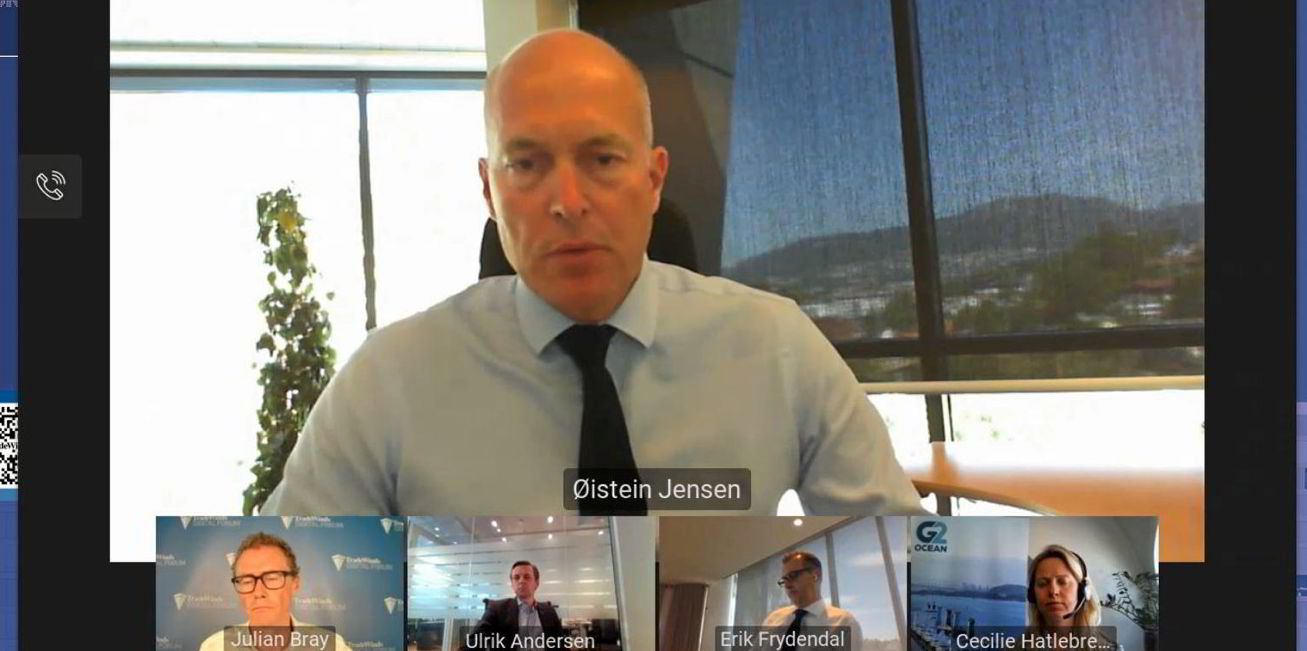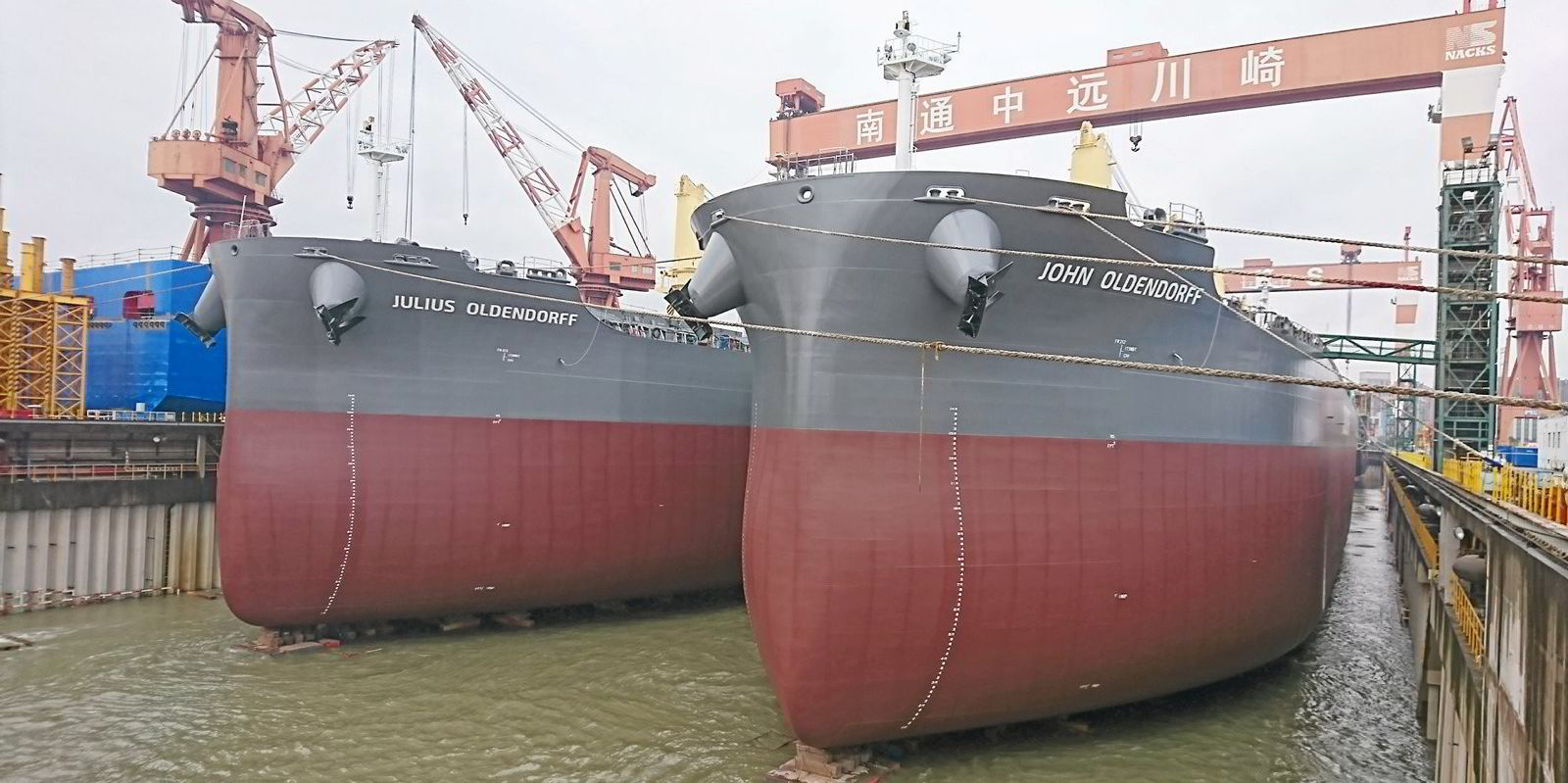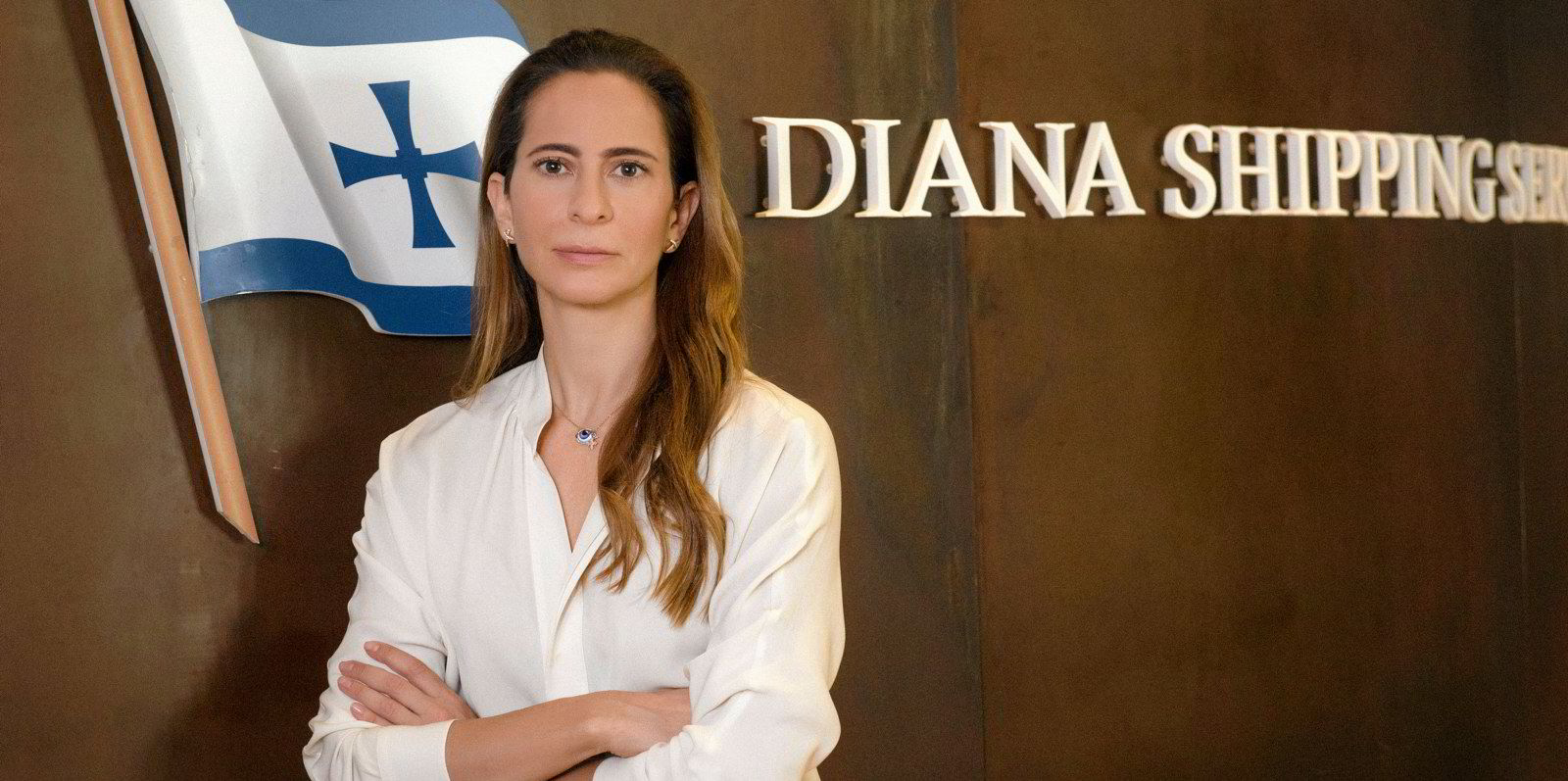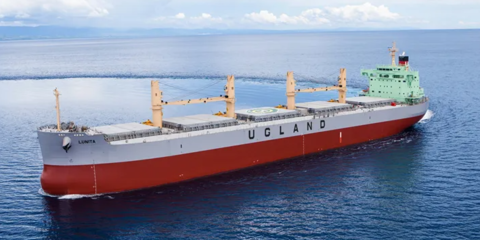Green financing in shipping is here to stay, but shipowners are confused by the lack of clarity in standards for environment, social and governance (ESG) reporting, according to leading panelists at TradeWinds' Norway-focused Shipowners Forum webinar.
But, they added, as ESG reporting becomes more complex, investor interest is being piqued by "green" finance products.
Oistein Jensen, Odfjell's chief sustainability officer, said there is an appetite for sustainability-linked bonds — such as those issued by the firm earlier this year — from investors who would not normally consider shipping companies.
"Our experience with that is that we have met with a lot of investors who say that, well, they had no plans to invest in shipping, but this is an interesting feature they are looking at, [they are] interested in the company and they wanted to invest in that bond," he explained.
In January, Oslo-listed Odfjell became the first shipping company to sell a sustainability-linked bond in a NOK 850m ($100m) deal.
"We got a substantial interest from ... new money and the bond was substantially oversubscribed," Jensen said.
But Lars Christian Skarsgard, chief executive of bulker owner Belships, said that "green" financing is already available but it is not as well publicised.
"When you go to the banks now and you ask them to finance modern ships and you can actually show them that they are burning 5%, 10% or 20% less [fuel] you get better terms, you get a lower margin.
"In essence, green banking finance is already out there and it's just under-communicated."
Ulrik Andersen, chief executive of bulker giant Golden Ocean Group, said that in the future his firm would also be open to raising finance that is linked to its environmental goals.
But such an arrangement will not be part of the financing being put in place for the 18 bulkers that Golden Ocean is acquiring from John Fredriksen's private concern Hemen Holding, Andersen confirmed.
For Golden Ocean, he said, going green is about more than just cheaper finance.
"Underestimate decarbonisation at your peril," he told the webinar.
"I think if you want to attract talent in the future you have to have a strategy. We've talked about the investors and, of course, ultimately all of this will impact the asset prices and thereby our share price so it's all related.
"That's why I say you cannot underestimate what is going on here."
But though the shipping companies represented on the panel were well practised in making regulatory disclosures, panellists agreed that the biggest headache in ESG reporting is the confusion that surrounds the ever-changing standards.
Andersen said that the range of different targets and regimes being brought in by the International Maritime Organization, the European Union and schemes such as the Poseidon Principles are adding to the noise.
Jensen's biggest concern going forward is the regionalisation of regulation and the emergence of different emissions trading schemes around the world in regions like the EU, the US and China.
"We fully support taxation of CO2. I think that that's the probably the strongest and best measure to drive decarbonisation, but it should be done on a global level," he said.(Copyright)









